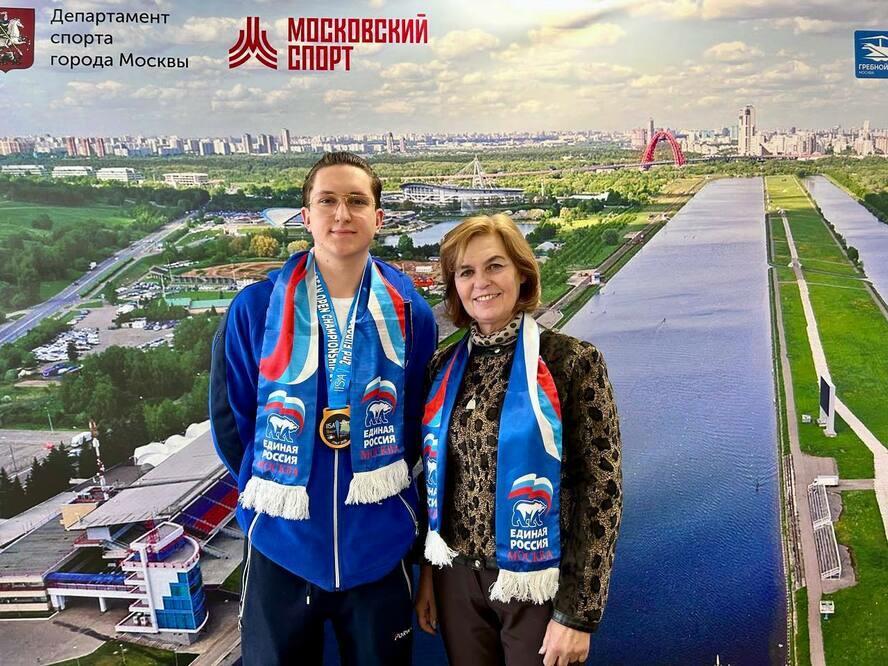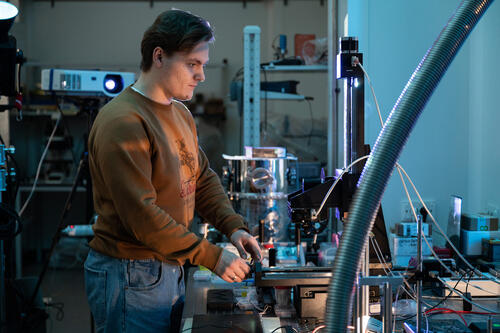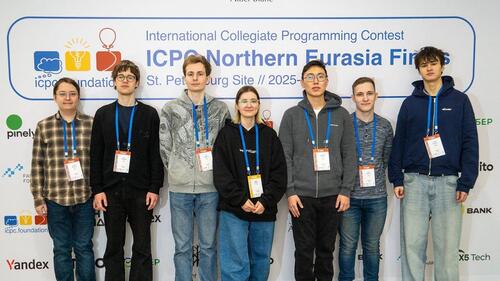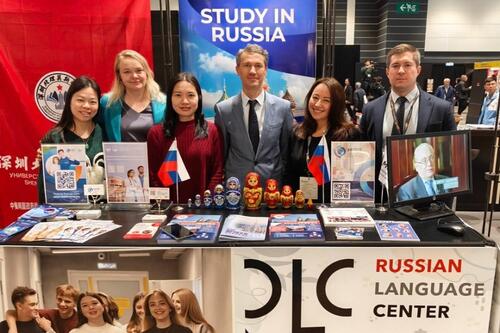 NUST MISIS student becomes European ice swimming champion
NUST MISIS student becomes European ice swimming champion NUST MISIS student becomes European ice swimming champion
NUST MISIS student becomes European ice swimming champion NUST MISIS student becomes European ice swimming champion
NUST MISIS student becomes European ice swimming champion The Key to Security: Scientists Strengthen Quantum Cryptography with a Neural Network
The Key to Security: Scientists Strengthen Quantum Cryptography with a Neural Network NUST MISIS students excel at the international programming olympiad
NUST MISIS students excel at the international programming olympiad NUST MISIS participates in an International Education Fair in Hong Kong
NUST MISIS participates in an International Education Fair in Hong Kong